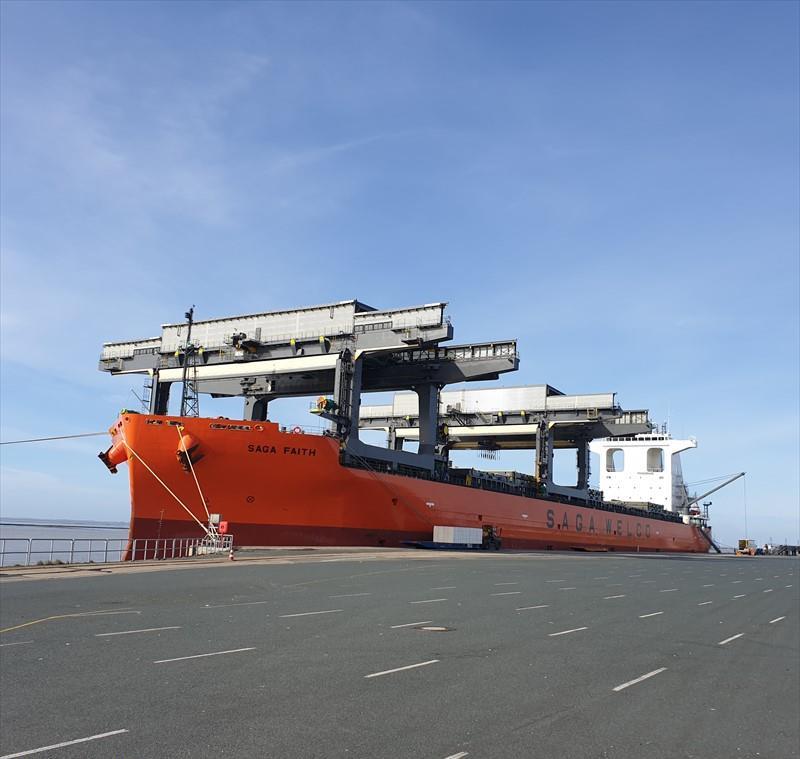Innovations in Cargo Handling for the Forest Products Industry
The forest products industry has long been pivotal in supplying essential materials for construction, paper, and various consumer goods. However, as global demand continues to rise, the challenges associated with efficient cargo handling have become more pronounced. Recent innovations in technology and logistics are transforming how companies manage the movement of timber and other forest products, leading to enhanced efficiency, reduced costs, and a smaller environmental footprint. One of the most significant innovations is the integration of automation and robotics into the cargo handling process. Automated guided vehicles AGVs are increasingly used in warehouses and distribution centers to transport timber products. These vehicles can navigate through complex environments without human intervention, optimizing the movement of goods and significantly reducing labor costs. Moreover, they can operate continuously, leading to improved throughput and faster processing times.

In addition to automation, the use of advanced data analytics and the Internet of Things IoT is revolutionizing cargo handling in the forest products sector. IoT devices equipped with sensors collect real-time data on inventory levels, environmental conditions, and equipment status. This information is invaluable for optimizing logistics operations. For instance, companies can monitor the moisture content of timber during transport, ensuring it meets quality standards upon arrival. Predictive analytics can also help companies anticipate demand fluctuations, allowing them to adjust their operations proactively. Sustainability has become a focal point in the forest products industry, prompting the development of eco-friendly cargo handling practices. Innovations such as biodegradable packaging materials and the use of electric or hybrid vehicles for transporting forest products are gaining traction. These solutions not only reduce the carbon footprint associated with transportation but also resonate with environmentally conscious consumers and businesses alike.
Moreover, digital platforms for tracking and managing supply chains are becoming increasingly common. Blockchain technology is being explored to enhance transparency and traceability in the movement of forest products. This not only helps ensure compliance with regulations but also builds trust with consumers who are concerned about sustainable sourcing. With blockchain, each transaction can be recorded and verified, wood pulp shipping providing a tamper-proof record of the entire supply chain. Finally, collaboration among stakeholders in the forest products industry is fostering innovation in cargo handling. Industry partnerships are emerging to share best practices, develop new technologies, and improve logistics processes. These collaborations help to streamline operations and facilitate the adoption of new technologies across the sector. The forest products industry is witnessing transformative changes in cargo handling, driven by automation, IoT, sustainability initiatives, and collaborative efforts. As these innovations continue to evolve, they promise to enhance operational efficiency while addressing the industry’s environmental challenges, paving the way for a more sustainable future.